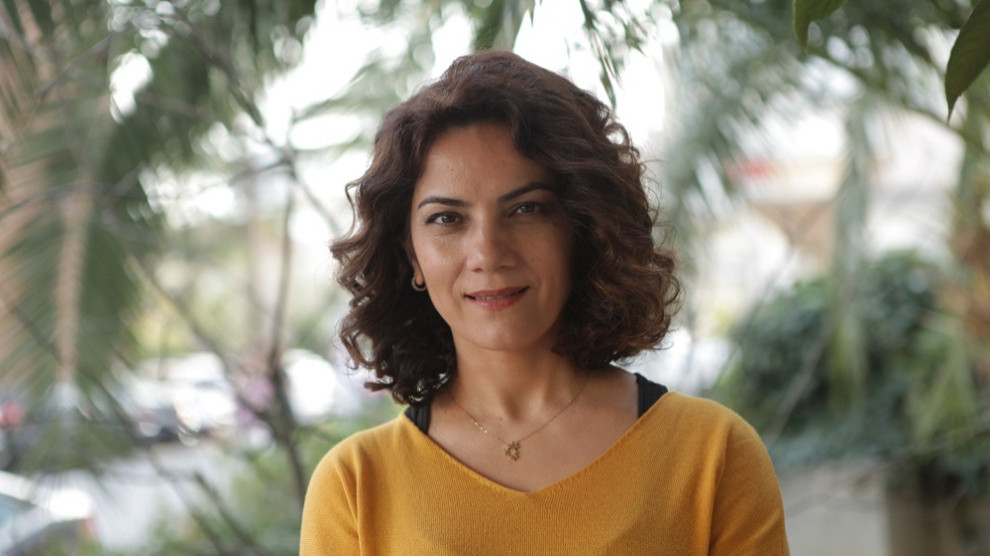Roma children receive no proper education
According to the statement by the Turkish Ministry of National Education, the academic year will begin on September 21 for primary, secondary and high schools.
According to the statement by the Turkish Ministry of National Education, the academic year will begin on September 21 for primary, secondary and high schools.

This raises questions for the Roma children who are considered as the lowest stratum of society. During the ongoing epidemic process, Roma children could not benefit from online education because they had no internet and have computer problems. According to the information received by the Zero Discrimination Association after neighbourhood meetings; the majority of these children had not taken the high school entrance exam.
The Association chair, Elmaz Arus, told ANF that there are Roma children who are secondary school graduates but are still illiterate and cannot perform three basic procedures. Stating that their access to qualified education is seen on paper, Arus stated that Roma children, who cannot receive qualified education due to serious economic conditions, are to be considered among the disadvantaged group and added that the state is arbitrarily adopting certain practices.
Stating that Roma children cannot access education as much as other sections of society, Arus continued: “Even if these children had access to education, they are not qualified, they are sent to rehabilitation institutions with various reports. They seem to be in education, but they are not. In addition, girls are left out of education more than boys. As a result, there are often early marriages. We are talking about poverty which is getting deeper."
Arus said that Roma children are constantly discriminated against by other children, teachers and families in the schools they attend because of the neighbourhoods they live in. “There is economic discrimination. These children go to school from a community seen as belonging to the lowest layer of society. Roma kids, as they have no internet and can’t do their homework, are falling behind and get low grades.”
Arus added: "There are many barriers and we are talking about Roma children who were trying to break these barriers even before the epidemic process which was quite difficult for them. According to data from the neighbourhoods, access to education of Roma children living in cities such as Izmir, Edirne, Istanbul, Tekirdağ, Urfa and Antep has worsened. The families said that many students could not enter the exams. The children will enrol in schools they do not want to go to or will not go at all. Children out of school will go to work. Girls will marry."
Stating that Roma children have no contact with other children outside their own neighbourhoods until they returned to school, Arus said that this isolation also created problems. Pointing out that pre-school education is very important for the 0-6 group Roma children to have equal conditions in education, Aras said: “This is a condition for ensuring social cohesion for both Roma and other children. There should be community centers close to the neighbourhoods, a computer environment and homework should be set up and an environment should be created for these kids to have at least one proper meal a day. Teachers must go through educational training. Sensitive groups need to be known as should the dynamics of the neighbourhoods.”